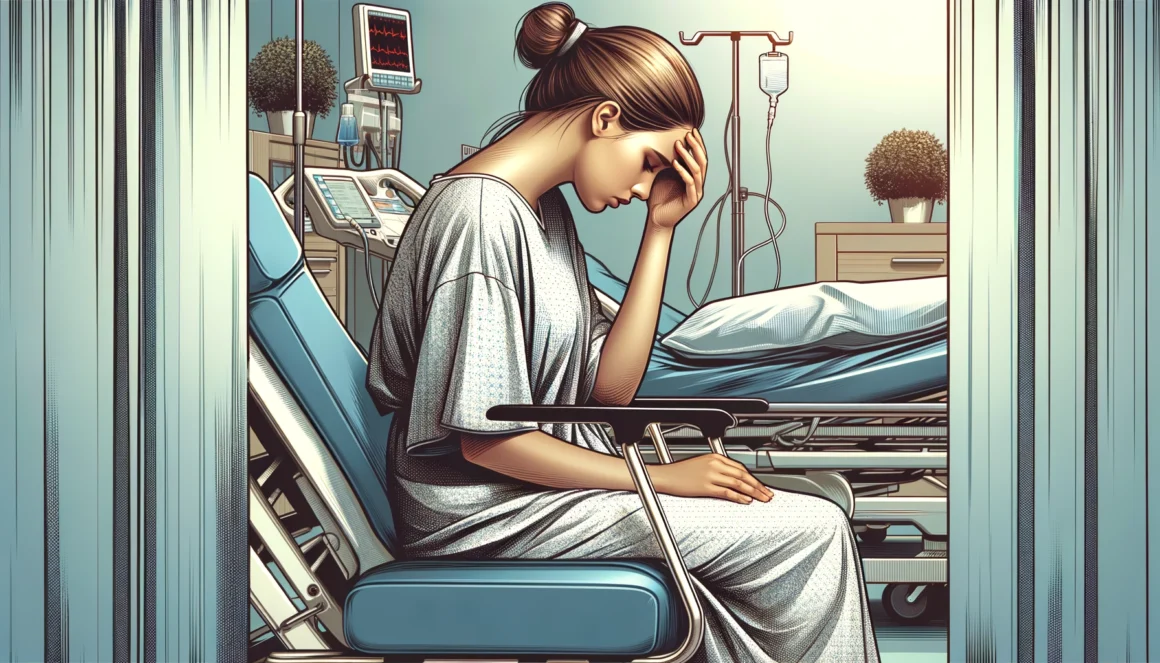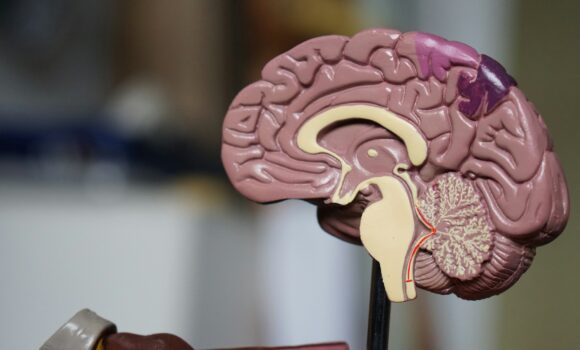How Traumatic Brain Injuries Affect Victims

Understanding the Impact of Traumatic Brain Injuries
Many things come to mind when individuals think of the term catastrophic injuries. However, they don’t always know the specifics. Unfortunately, one of the worst types of catastrophic injuries a person can sustain is a traumatic brain injury (TBI). According to the Centers for Disease Control and Prevention (CDC), the top leading causes of TBI are falls, unintentional blunt trauma, motor vehicle accidents, and assaults. Most TBIs that occur are concussions and are generally mild. However, the CDC also states that TBIs contribute to approximately 30% of all injury deaths, making them a significant cause of death and disability in the United States.
Learning the potential causes, and what can be done after the fact to hold the negligent party accountable is essential. Here are some things you should know.
What is a Traumatic Brain Injury?
A traumatic brain injury (TBI) is defined as an alteration to the brain caused by outside forces, such as a car crash or an assault. This is unlike an acquired brain injury, which is considered non-traumatic, caused by a stroke, hypoxic or anoxic brain injury, a tumor, or electric shock. TBIs often result in permanent neurological damage, though the severity of their lasting impact may vary significantly.
TBIs do not impact everyone similarly, and some individuals are more susceptible to TBI-related deaths than others. Men are vastly more likely than women to die from a TBI and account for more non-fatal TBI hospitalizations. Additionally, different age groups were more prone to specific types of TBI-related deaths. For individuals 65 years or older, falls are a leading cause of death. Among younger individuals between the ages of 5 and 24, motor vehicle crashes were a leading cause of death.
No matter the age or gender, however, head injuries are the most severe injuries any person can suffer because of their potentially fatal or permanently damaging effects. Many of these injuries occur as a result of negligence or even malice.
The Seriousness of Traumatic Brain Injuries and Different Types
When it comes to traumatic brain injuries, different types of TBIs can be diagnosed with. These include:
Concussions
Minor in severity, concussions are often caused when a sudden change in movement to the head and brain, shaking, or direct impact. The symptoms may be minor, including headaches or issues with focus, but may worsen if the victim sustains multiple concussions over time.
Contusions
Contusions occurwhen the brain tissue suffers a bruise and small blood vessels break and leak. Typically, these are caused by direct impact to the head, such as when a person slips and falls, hitting their head on the ground’s surface.
Penetrating injuries
When an object pierces through the skull or causes some fracture to the skull to make contact with the brain, this is considered a penetrating injury. These can result in more severe symptoms.
Anoxic brain injuries
Anoxic brain injuries occur when the individual is not receiving sufficient oxygen to their brain, causing brain cells to die. This could be due to blood flow blockage or suffocation.
There are other types of TBIs, all varying in severity, which could severely impact the injured individual and their abilities moving forward. Traumatic brain injuries are typically broken up into three levels of severity, including mild, moderate, and severe.
The Three Classifications of TBIs
Mild
Mild traumatic brain injuries may be present when the individual loses consciousness for anywhere from a few seconds to a couple of minutes. There may not be any loss of consciousness at all. However, they may appear confused or disoriented and require medical monitoring to help determine the seriousness. Mild traumatic brain injuries are more common because they can happen relatively quickly. The symptoms may often include a brief loss of consciousness or confusion. Mild TBIs won’t show abnormal readings on a brain scan. People will typically only be diagnosed if a change in mental status occurs when the injury happens.
Moderate
Moderate traumatic brain injuries are often categorized by losing consciousness lasting more than an hour. In many cases, the injured party may experience lasting confusion for a few weeks or even months. Some situations may have permanent complications, including cognitive, developmental, and behavioral issues. These are slightly more dangerous than mild TBIs, often resulting in losing consciousness lasting a few minutes to a few hours. The victim may also be confused for a few days or a couple of weeks, and their cognitive abilities may be impaired for some time.
Severe
Severe traumatic brain injuries are typically the result of penetrating TBIs. In many cases, this type of injury can be considered life-threatening or even impact their life over a long period. Severe TBIs are most commonly categorized for crushing blows or penetration wounds to the head. It can cause severe and long-term damage—or even be life-threatening. Severe TBIs can significantly impact the victim’s cognitive and behavioral abilities to the point of them needing long-term care. Some individuals may suffer even more severe traumatic brain injuries, which may leave the individual in a coma or a vegetative state.
The Long-Term Impact
Traumatic brain injuries often mean the harmed individual must endure long-term symptoms associated with the pain and underlying impact. These effects can include physical disabilities, cognitive defects, sensory issues, and behavioral problems. Traumatic brain injuries are the most dangerous, often resulting in long-term medical issues that require treatment, lifelong care, and more. For victims, the TBI may be categorized in three different ways. Here are some of the symptoms based on each category.
These symptoms may vary and often depend on how bad the injury is. However, it’s essential to have a clear understanding of the impact that this type of injury may have so victims may know what to expect moving forward.
- Physical impact: Injured individuals may suffer from sleep disorders, fatigue, changes in appetite, difficulty swallowing, seizures, hormonal changes, spasticity, and even severe and chronic pain.
- Cognitive impact: The developmental and cognitive issues that may be experienced include confusion, memory issues, trouble focusing or concentration, and difficulty with executive functions, including planning, abstract thinking, and initiating appropriate actions.
- Sensory impact: Someone who sustains a traumatic brain injury may have trouble with vision, hearing, smell, and taste due to the injury. This may include loss of vision, ringing in the ears, diminished sense of smell or taste, and more.
What Can Be Done After the Injury?
After someone sustains a severe brain injury, the focus should be on any potential treatment and care needed. This may include surgery to help repair the skull or stop a brain bleed, rehabilitation care to help relearn diminished abilities, and more.
Long-term care may be necessary to help the injured individual live the most comfortable life possible. They may experience a diminished quality of life in which they cannot complete tasks independently, so that a professional caretaker may be required.
Unfortunately, these are all costs that can begin to build up. Medical expenses, rehabilitation costs, lost income; all of these are unexpected, and the injured individual may not have the fees to cover them. This is where potential legal action comes in.
When negligence is involved in the cause of the injury, the injured party should understand that they have the right to seek compensation for their sustained damages. The legal action can also mean seeking justice, holding the liable party accountable.
Suffered a TBI? We Are Here for You.
The attorneys at handle various personal injury cases, including brain injuries. We know that a traumatic brain injury can put an individual out of work or leave a trail of medical bills and lifelong problems. Call us for a free case evaluation at 417-887-4300 to learn more about your legal rights. Over the past 45+ years, we have helped our clients seek the compensation they need, resulting in billions of dollars recovered on behalf of our clients. Trust that we are ready to help you seek the justice you deserve.
Contact Strong Law, P.C. today at (417) 887-4300. For complex legal matters, we are here for you every step of the way.
Tell Us About Your Case
Contact us today at (417) 887-4300 or online to arrange your free case evaluation. Our Experienced Trial Attorneys will walk you through your legal options.


